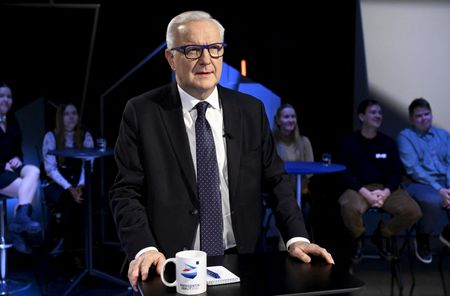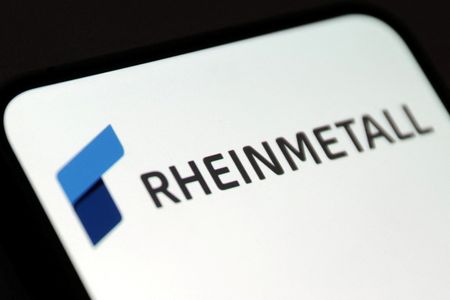BERLIN (Reuters) -Germany’s Foreign Minister Johann Wadephul said on Thursday that the security of Baltic states and Germany was inseparable, vowing closer cooperation to counter what he said was Russia’s combination of conventional and unconventional attacks as he headed to Tallinn.
“The security of the Baltics is also our security in Germany,” Wadephul said ahead of his visit to Estonia and Denmark.
He cited growing threats in the Baltic Sea, pointing to Russia’s “shadow fleet,” the term used by Western officials for ships that Moscow uses to circumvent oil sanctions, as well as incidents of cut cables, shifted buoys and disrupted GPS signals.
In the past, Moscow has denied involvement in undersea sabotage in the Baltic, saying the West was using such claims to curb Russia’s sea-borne oil exports.
Moscow has also denied responsibility for a growing number of security incidents across the Euro-Atlantic area, ranging from repeated cyber attacks to arson.
“There we are witnessing the full toolkit of Russia’s hybrid aggression,” Wadephul said, adding that Estonia and other Baltic nations had warned early about the risks.
“Today, we in the EU and NATO benefit from their foresight and expertise — and we want to deepen this cooperation further,” Wadephul said.
Security would also feature prominently in talks with Denmark.
“The need to better protect critical infrastructure in the Baltic and North Seas is a priority that Denmark is also advancing as part of its EU Council presidency,” he said. “We all in Europe benefit from clean beaches and secure trade routes, as well as from reliable electricity and data lines.”
(Reporting by Maria Martinez; Editing by Cynthia Osterman)










